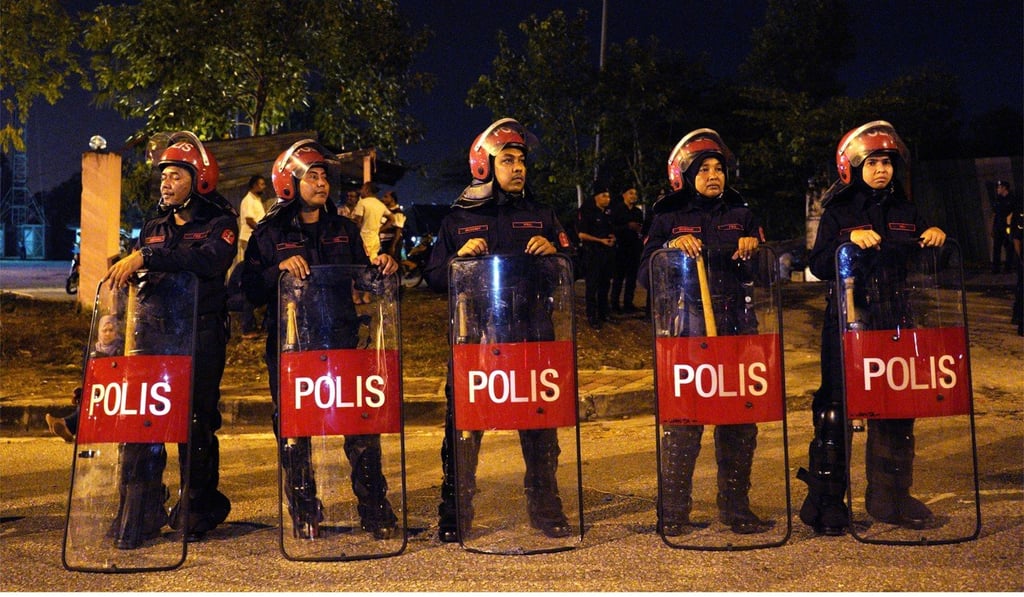Malaysian police misconduct body delayed again after parliamentary wrangling
- Lawmakers take the unprecedented step of referring a bill allowing for its creation to a select committee for further deliberation
- Complaints commission was originally proposed back in 2004 but has been met with political resistance and pushback from top cops

Special Select Committee for Consideration of Bills chairman Ramkarpal Singh said the committee would meet on Thursday to discuss the matter.
“From there we will sort out a timeline and also the list of stakeholders,” he said.
The Independent Police Complaints and Misconduct Commission (IPCMC) Bill was first tabled in July as part of the Pakatan Harapan government’s slew of anti-corruption reforms put in place after the coalition came to power last year.
If passed, it will act as an independent body that will field complaints and carry out investigations into claims of police misconduct, including tackling the weighty issue of deaths in custody, a perennial problem among Malaysian police forces. More than 1,650 custodial deaths were reported between 2010 and 2017.
